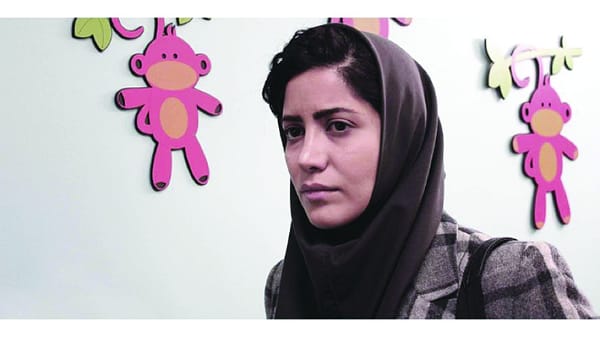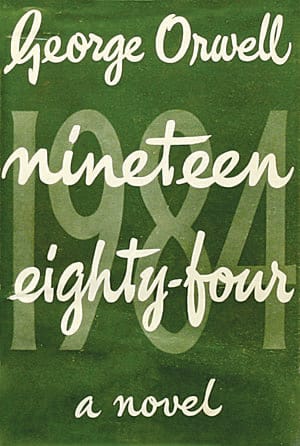Luca Guadagnino serves us up a shimmering slice of young desire
Hotly-tipped for success at this year’s Academy Awards, Call Me by Your Name is a heady tour-de-force of love and passion in the north of Italy.

From Maggie Cheung slipping out onto the Hong Kong streets in her cheongsam, looking for some noodles to eat in In the Mood for Love, to the sparks illuminating the faces of the Danish ascetics in Babette’s Feast as they are served the meal of a lifetime, cinema and food have always been a powerful combination. Food can serve as a process of mourning, as it does for Rooney Mara’s character in A Ghost Story, who devours a pie in its entirety following the death of her husband before throwing it back up; it can be a source of independence and strength, as it is for Penélope Cruz’s character in Almodóvar’s Volver; and it can also be a source of sexual tension, as anyone who saw Adèle Exarchopoulos in Blue is the Warmest Colour can attest. As Fellini reportedly said: “Never trust a woman who doesn’t like to eat. She is probably lousy in bed.”
Luca Guadagnino is a filmmaker well versed in the erotic qualities of food and eating: his 2009 breakthrough I am Love begins with an elaborate dinner being prepared at the house of Emma Recchi, a Russian emigre to Milan who has married into a wealthy industrial family. The film then takes us through a technicolour whirlwind of delicate dishes, which serve both as drivers of the plot and as conveyors of sensuality, as Emma begins an affair with a chef, Antonio. Food took on lesser but still central role in his follow-up, A Bigger Splash, where Guadagnino swapped out the bustle of the city for sun-baked island of Pantelleria, located between Sicily and Tunisia. However, A Bigger Splash, which took its inspiration from Jacques Deray’s thriller La Piscine, was a dry piece of filmmaking, as flat and sun-baked as its island setting.
In comparison, Call Me by Your Name, which is based on the novel by André Aciman and forms the final instalment of Guadagnino’s ‘Desire’ trilogy, is near-obscene in its fecund vibrancy. Taking as its setting a sumptuous villa in the northern Italian countryside during an early-80s summer, Call Me by Your Name tells of the growing attraction between Elio (Timothée Chalamet), a precocious 17-year-old with a talent for music, and Oliver (Armie Hammer), a graduate student in his mid-20s, who comes to the villa to assist Elio’s father Lyle (Michael Stuhlbarg) in research.
“As in Guadagnino’s previous work, food takes on a starring role”
Food again takes on a starring role, standing in for thwarted desires and tempestuous attraction, taking on a fetishistic-like quality: soft-boiled eggs spray bright orange yolk across starched tablecloths whilst mounds of ripe apricots pile up in bowls, to say nothing of a certain scene involving a peach, which set the internet chattering last month.
Music also plays a key element in Call Me by Your Name, as it did in his last two films: John Adams returns, evoking the marriage between his minimalist bombast and Guadagnino’s well-tempered camera that caused great effect in I Am Love, but the soundtrack on the whole is softer, and more piano-led. Sufjan Stevens contributes with an alternative take on his haunting track 'Futile Devices', adding to the affective atmosphere.
Hammer continues the indie run he has enjoyed with Free Fire and Nocturnal Animals, delivering a performance that is brimming with confidence and energy, yet conceals hidden depths. Even more engaging, however, is Chalamet’s turn in the film; his Elio is sensitive and vulnerable, tentatively caught between adolescence and adulthood. Chalamet’s features perfectly resemble those of Greek statuary, but any concerns that he might have been chosen for his looks rather than his skill are quickly dashed away, as he delivers an emotionally-rich performance. Both have been tipped for Academy Award success later in the year, and for good reason. The supporting cast is small, but Michael Stuhlbarg is captivating as Elio’s father, delivering an emotive speech at the end of the film that forms the heart of the two-hour-long work.
In a number of ways, Call Me By Your Name, with its sun-dappled, northern Italian location, and its air of insouciance and endless days, brings to mind Vittorio de Sica’s The Garden of the Finzi-Continis, adapted from Giorgio Bassani’s 1962 novel. While Call Me by Your Name doesn’t have the ominous threat of Fascism in the background – which draws shadows across the life of the Jewish family in de Sica’s film – there are similar themes centring around the loss of innocence: Guadagnino has spoken of the decision to transpose the events of the original novel from 1987 to 1983, a year in which he argues “the ’70s are killed, when everything that was great about the ’70s is definitely shut down.” And thus the summer of Call Me by Your Name must also inevitably come to an end, with a winter scene at the end of the film that is astonishing in its intensity.
With Call Me by Your Name, Guadagnino returns to the northern Italian climate where his inspiration grows best. It’s a coming-of-age tale that avoids all the trite cliches found in other films; an adaptation of a much-loved book that has managed to retain all the wonder that made Guadagnino one to watch when he released I Am Love. It’s a postcard from an eternal summer, the kind that you only miss once it’s gone – rich and heady and full of raw emotion.
5 Stars
Dir: Luca Guadagnino. Script: Luca Guadagnino; James Ivory; Walter Fasano. Starring: Timothée Chalamet; Armie Hammer; Michael Stuhlbarg; Amira Casar. 130 minutes









